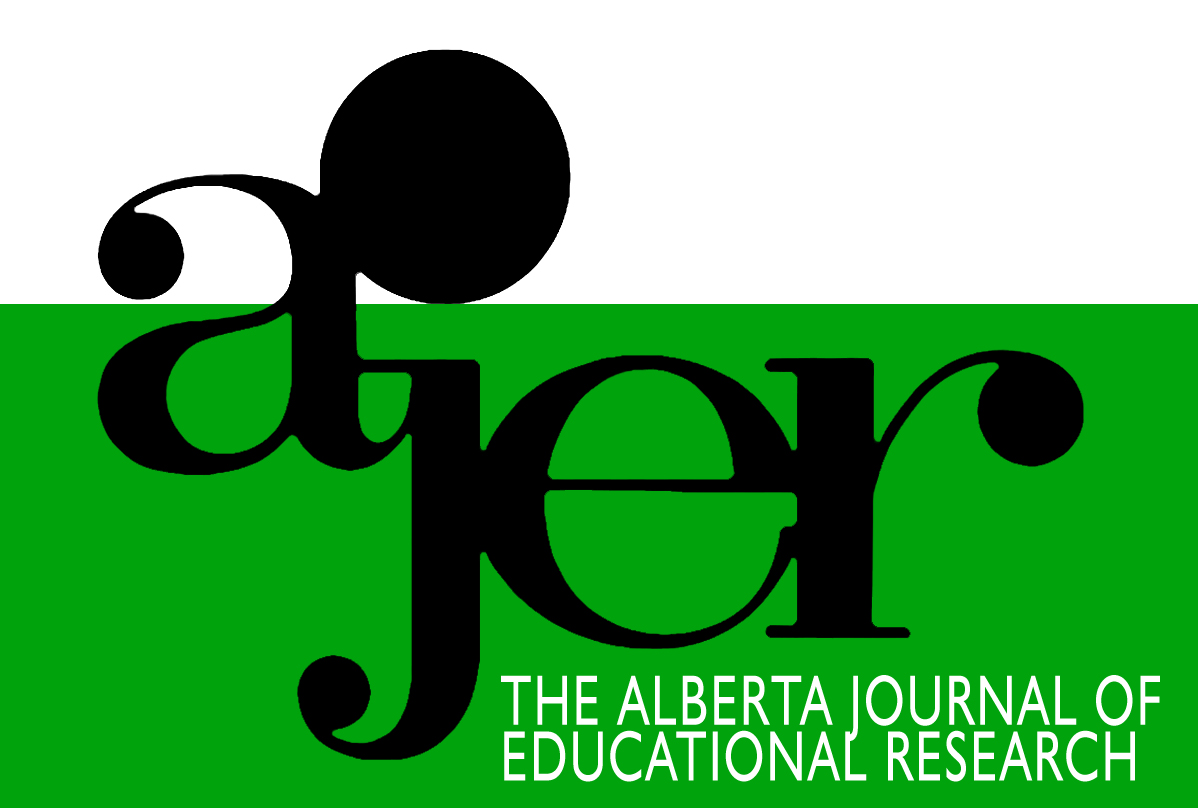Connecting Transculturalism with Transformative Learning: Toward a New Horizon of Adult Education
DOI:
https://doi.org/10.55016/ojs/ajer.v64i2.56383Keywords:
transnationalism, transculturalism, transcultural learning, perspective transformationAbstract
The impact of transnational migration with activities across transnational borders has reconfigured multiple social and public identities calling for shifting to transculturalism as a theoretical framework in understanding the changing nature of adult education. Transculturalism becomes a mode of being and learning where humans interact with each other in a culturally diverse environment. Integrating different identities and connecting the global with the local, transculturalism is a learning commitment that facilitates socio-cultural adaptation and interaction in a dynamic society recognizing different worldviews. This paper offers a theoretical approach toward transculturalism as transformative learning with a focus on discussions of cultural concepts and connections with perspective transformation. The common ground between transculturalism and transformative learning is the idea of continuum, and interconnection of knowledge, skills and attitudes as an ongoing process of inquiry, thinking, reflecting, and acting. Connecting theories of transculturalism and transformative learning with our new reality of transnational mobility across the world opens new horizons for policies and practices in immigration and adult education.
L’impact de la migration transnationale et les activités transfrontalières qui en découlent a reconfiguré de multiples identités sociales et publiques, provoquant ainsi une demande d’adopter le transculturalisme comme cadre théorique pour comprendre l’évolution de l’éducation des adultes. Le transculturalisme devient un mode d’être et d’apprentissage où les humains interagissent dans un milieu culturellement diversifié. Intégrant différentes identités et liant le mondial au local, le transculturalisme est un engagement à l’apprentissage qui facilite l’adaptation et l’interaction socioculturelles dans une société dynamique qui reconnait la pluralité des visions du monde. Cet article offre une approche théorique qui considère le transculturalisme comme un apprentissage transformationnel axé sur les discussions de concepts et de liens culturels visant une transformation des perspectives. Le terrain commun entre le transculturalisme et l’apprentissage transformationnel est l’idée de continuum et l’interconnexion des connaissances, habiletés et attitudes comme processus continu d’enquête, de réflexion et d’actions. Le fait de lier les théories du transculturalisme et de l’apprentissage transformationnel à notre nouvelle réalité de mobilité transnationale de par le monde ouvre de nouveaux horizons aux politiques et aux pratiques touchant l’immigration et l’éducation des adultes.
Mots clés : transnationalisme, transculturalisme, apprentissage transculturel, transformation des perspectives
Downloads
Published
Issue
Section
License
UNIVERSITY OF ALBERTA COPYRIGHT LICENSE AND PUBLICATION AGREEMENT
If accepted, authors will be asked to sign a copyright agreement with the following points:
A. Where there is any inconsistency between this Copyright License and Publication Agreement and any other document or agreement in relation to the same subject matter, the terms of this Agreement shall govern.
B. This document sets out the rights you are granting in relation to publication of your article, book review, or research note entitled (the “Article”) through inclusion in the academic journal titled Alberta Journal of Educational Research (the “Journal”) published through the Faculty of Education, representing the Governors of the University of Alberta (the “Journal Editor”).
C. There will be no payment to you for this publication and grant of rights. In consideration of the agreement to publish the Article in the Journal:
1. You are warranting that:
- the content of the Article is your original work, and its content does not contain any material infringing the copyright of others; or, where the Article is not entirely your original work, you have obtained all necessary permissions in writing to grant the rights you are giving in this agreement;
- the content of the Article does not contain any material that is defamatory of, or violates the privacy rights of, or discloses the confidential information of, any other person;
- the Article has not been published elsewhere in whole or in part, and you will not allow publication of the Article elsewhere without the consent of the Journal Editor;
- the names of all co-authors and contributors to the Article are:
2. You agree to license the copyright in the Article to the Journal Editor, on a worldwide, perpetual, royalty free basis; and to the extent required by the terms of this agreement. You shall retain the right at all times to be acknowledged as the/an author of the Article.
3. You further agree that the Journal Editor has the entitlement to deal with the Article as the Journal Editor sees fit, and including in the following manner;
- The right to print, publish, market, communicate and distribute the Article and the Journal, in this and any subsequent editions, in all media (including electronic media), in all languages, and in all territories, ing the full term of copyright, and including any form of the Article separated from the Journal, such as in a database, abstract, offprint, translation or otherwise, and to authorize third parties to do so;
- The right to register copyright of the Journal;
- The right to edit the Article, to conform to editorial policy as the Journal Editor sees fit.
4. If any co-author or contributor to the Article does not sign this agreement, the Journal Editor reserves the right to refuse to publish the Article.



